If you’re exploring organic skincare, you’re opening the door to clean beauty products made with naturally derived ingredients and free from synthetic additives. Since the skin absorbs much of what we apply, it’s essential to understand product labels, certifications, and formulations to make informed choices.
What is Organic Skincare?
The word organic appears in different ways on products and there may be some brands that claim they’re organic, however don’t have the Australian Certified Organic Certification. This is a third-party guarantee, which means the ACO will verify ingredients and test them to ensure organic status.
Many skincare products will be derived from plant materials, so this will test whether any pesticides or fertilisers were used during the growing of the materials which are used as skin care ingredients. However, the ACO states that products must be 70-95% organic, so read the label to make sure your product is labelled 100% organic. If a product doesn’t have certification, which may be the case for smaller companies who cannot afford certification, make sure you read the ingredients to know if all materials are organic or just a percentage.
- Certified organic skincare products contain 70-95% organic ingredients
- They are free from pesticides, synthetic chemicals, and artificial preservatives
- Smaller brands without certification may still use 100% organic ingredients, so always check the ingredient list.
The Difference Between Organic and Natural Skincare
Many people confuse organic and natural skincare, but there’s a significant difference. While organic follows strict certification standards, natural is a loosely regulated term that can sometimes be misleading. Brands may use natural packaging as a marketing tactic, also known as greenwashing, making products sound more wholesome than they actually are.
Unlike organic products, which are verified by governing bodies, natural products don’t require certification. Natural simply means an ingredient derived from a mineral, plant, animal by-product, or other natural sources—but it doesn’t guarantee the absence of synthetic additives, pesticides, or chemical processing. Always check ingredient lists and certifications to ensure you’re getting what you expect.
- Organic Skincare: Requires strict certification, ensuring ingredients are free from chemicals and pesticides.
- Natural Skincare: Loosely regulated—ingredients may come from nature but could still contain synthetic additives.
Hidden Ingredients in Organic Skincare
Just because something is organic doesn’t mean it won’t have other nasties in it, such as preservatives, chemicals or fragrances – always read the label. Good quality organic skin care should include naturally occurring nutrients that behave similarly to synthetic ingredients. For example, coconut oil is a great stabiliser, which we all know as a pantry staple that melts in summer and hardens in winter; it is also a great preservative due to its antimicrobial action. Be sure to read the ingredients to ensure that they don’t contain any hidden nasties.
Test Before You Invest
Just because a product is organic doesn’t mean your skin will love it. For example, with food, not everything agrees with everyone, so “taste testing” your skincare might be the way to go.
Many stores offer organic skincare samples, so try before you buy—helping you avoid spending hard-earned money on a 100% organic product only to find your skin reacts poorly.
- Apply a small amount to the crook of your elbow
- Wait 24 hours for any reaction
- If no irritation occurs, it’s safe to use
Favourite Organic Skincare Brands
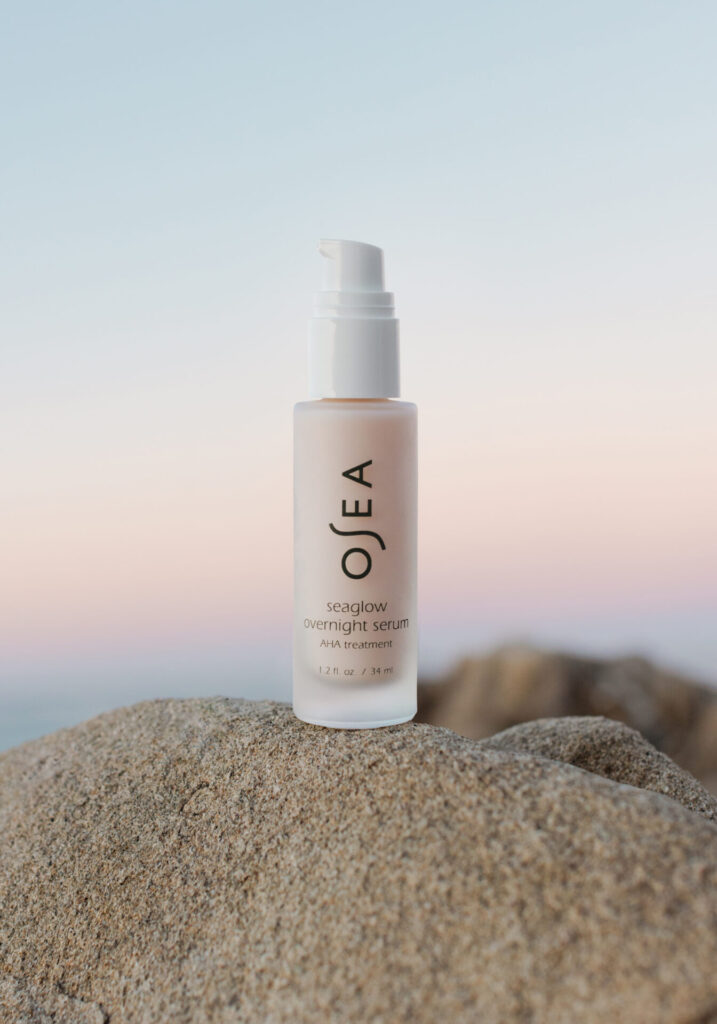
OSEA
OSEA crafts its skincare with naturally sourced, plant-based ingredients, making it a go-to for those seeking vegan-friendly options. A standout component in their formulas is sustainably harvested seaweed, known for its rich nutrients and skin-loving benefits. Blended with pure, cold-pressed essential oils, these products deliver deep nourishment while maintaining a unique, luxurious feel. Committed to sustainability, OSEA operates with Climate Neutral Certification, relies on renewable energy, and packages its products in eco-conscious glass and recyclable materials.
Our Editor’s Review: I can’t get enough of their Hyaluronic Sea Serum! I’ve been using it every morning for the past couple of months, right after splashing my face with thermal water. The texture feels slightly sticky at first, but it absorbs incredibly fast, leaving my skin feeling hydrated throughout the day. It’s such a beautiful serum—
- Key Ingredient: Sustainably harvested seaweed
- Best for: Hydration & anti-aging
- Sustainable: Climate Neutral Certified, eco-friendly packaging
Herbivore Botanicals
Herbivore Botanicals embraces a minimalist approach to skincare, making it simple, effective, and enjoyable. With a focus on natural and certified organic ingredients, the brand creates formulas that are as aesthetically pleasing as they are functional. Every product is vegan, cruelty-free, and made with responsibly sourced botanicals.
- Minimalist, clean beauty with certified organic ingredients
- 100% vegan & cruelty-free
- Best for: Sensitive skin & natural skincare lovers
Tata Harpers
Tata Harper’s commitment to clean beauty goes beyond aesthetics—its signature green packaging reflects a dedication to pure, plant-powered skincare. Free from synthetic chemicals, the brand’s thoughtfully crafted formulas bring a touch of luxury to everyday routines. From skincare essentials to beauty tools, each product is designed to deliver spa-like results at home, making high-performance, natural beauty more accessible than ever.
- Luxurious, high-performance organic skincare
- Free from synthetic chemicals
- Best for: Anti-aging & brightening
Kora Organics
Rooted in a holistic approach to beauty, Kora Organics focuses on pure, nutrient-rich skincare without synthetic additives. Designed to nourish and balance the skin, the brand’s certified organic formulas help tackle concerns like dryness, uneven texture, and sensitivity. Every product meets high standards, ensuring high-quality, clean ingredients and sustainable production.
Our Editor’s Review: My favourite is the exfoliating mask! I received it as a gift at an event and have been hooked ever since. It instantly refreshes my skin when I need a boost. Plus, it works beautifully as a gentle scrub once a week, leaving my complexion smooth and radiant.
- Certified organic skincare brand by Miranda Kerr
- Uses superfoods like noni & turmeric
- Best for: Dry, sensitive & dull skin
Juice Beauty
Juice Beauty is a pioneering organic skincare brand committed to sustainability and the use of certified organic ingredients. Their formulations are designed to deliver clinically validated results without the use of synthetic chemicals.
- Fruit-based organic skincare with clinically validated results
- Eco-friendly, sustainable practices
- Best for: Anti-aging & brightening
MUKTI
Mukti Organics is a premium Australian skincare brand specialising in certified organic formulations. Their products are crafted using native Australian botanicals, such as Kakadu Plum, which are rich in antioxidants, vitamins, and essential nutrients for the skin.
The brand is committed to clean beauty, ensuring all formulations are free from synthetic chemicals, parabens, sulphates, and artificial fragrances. It is also certified organic by COSMOS and ACO (Australian Certified Organic), meaning its products meet strict standards for ingredient purity and sustainability. With a strong focus on ethical and eco-friendly practices, it uses recyclable packaging and is 100% vegan and cruelty-free.
- Australian organic skincare with Kakadu Plum & botanicals
- COSMOS & ACO Certified Organic
- Best for: Acne-prone & mature skin
100% Pure
100% Pure is a natural skincare brand dedicated to creating clean, non-toxic beauty products using only the purest ingredients —living up to its name—. Their skincare range is formulated with plant-based, organic, and food-grade ingredients. They use antioxidant-rich botanicals, vitamins, and cold-pressed oils to help nourish and protect the skin. A standout feature of 100% Pure is their use of fruit-pigmented ingredients for natural colour in their cosmetics.
- Uses fruit pigments & plant-based ingredients
- Cruelty-free, non-toxic skincare
- Best for: Clean, non-toxic beauty lovers
Clémence Organics
Created by naturopath Bridget Carmady, the certified organic skincare brand focuses on using potent botanical ingredients that deliver real results without synthetic chemicals or toxins. One of their best-selling Lime Caviar Eye Crème has gained a loyal following for its ability to brighten, hydrate, and reduce the appearance of fine lines, thanks to its powerful blend of organic lime caviar, rosehip, and native Kakadu Plum, which is rich in vitamin C.
- Naturopath-designed organic skincare
- Best-selling: Lime Caviar Eye Crème for brightening & fine lines
- Best for: Sensitive & mature skin

Dr. Hauschka
Dr. Hauschka is a renowned natural skincare brand established in 1967, offering 100% certified natural and organic products. Their formulations are crafted with high-quality ingredients, emphasizing biodynamic, organic, or responsibly wild-harvested botanicals. The organic skincare brand is also committed to sustainability, utilizing eco-friendly packaging and ethical sourcing practices.
- Biodynamic, organic skincare since 1967
- 100% natural & eco-friendly packaging
- Best for: Holistic skincare lovers
Emma Lewisham Supernatural Vitale Elixir – A Natural Solution to Wrinkles and Fine Lines
Elevate Your Body Care Routine with BodyBlendz: The Natural Solution to Radiant Skin


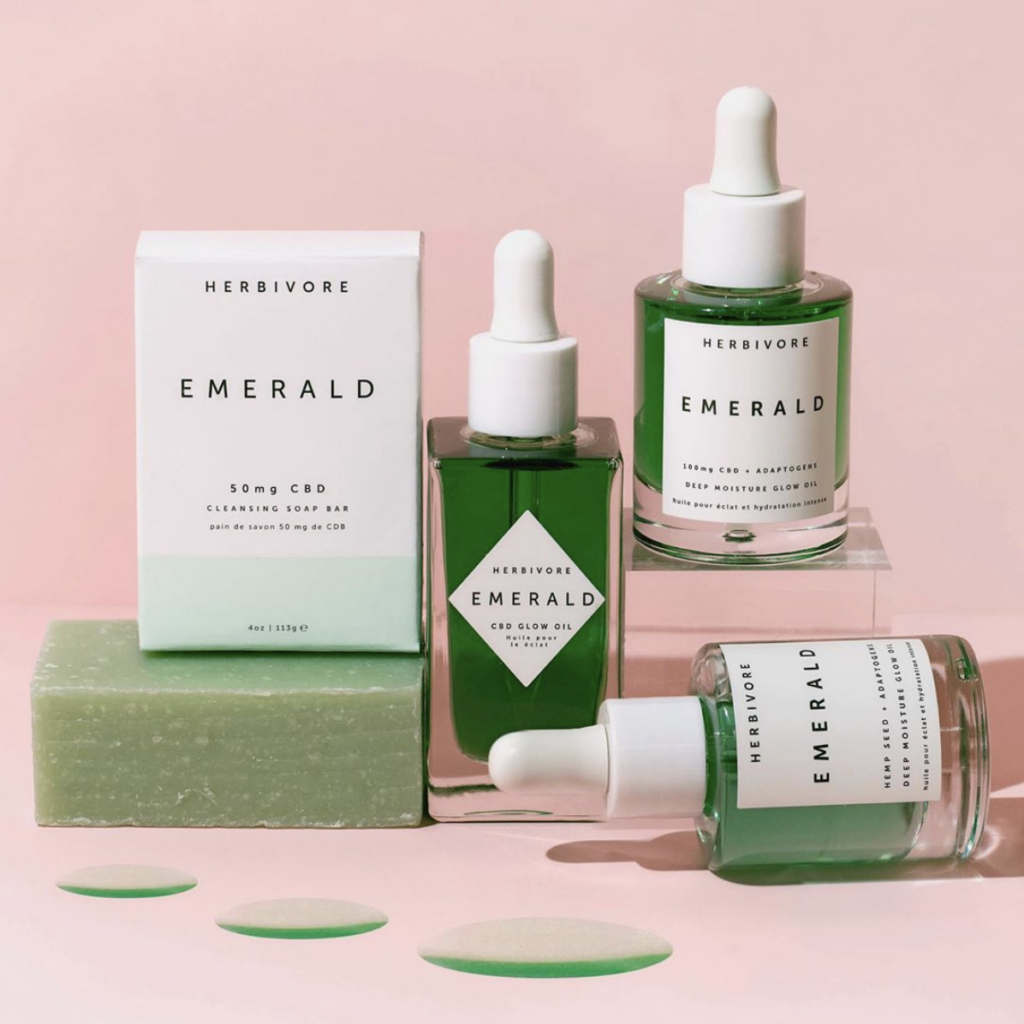
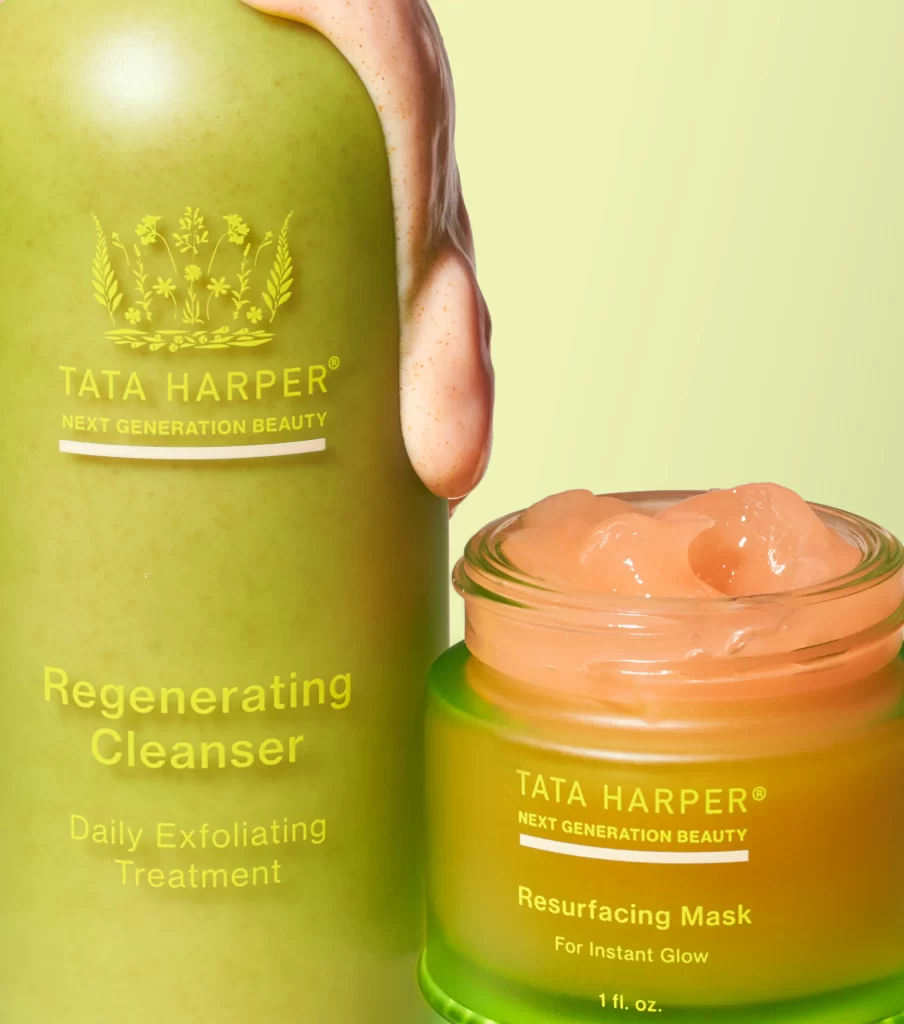
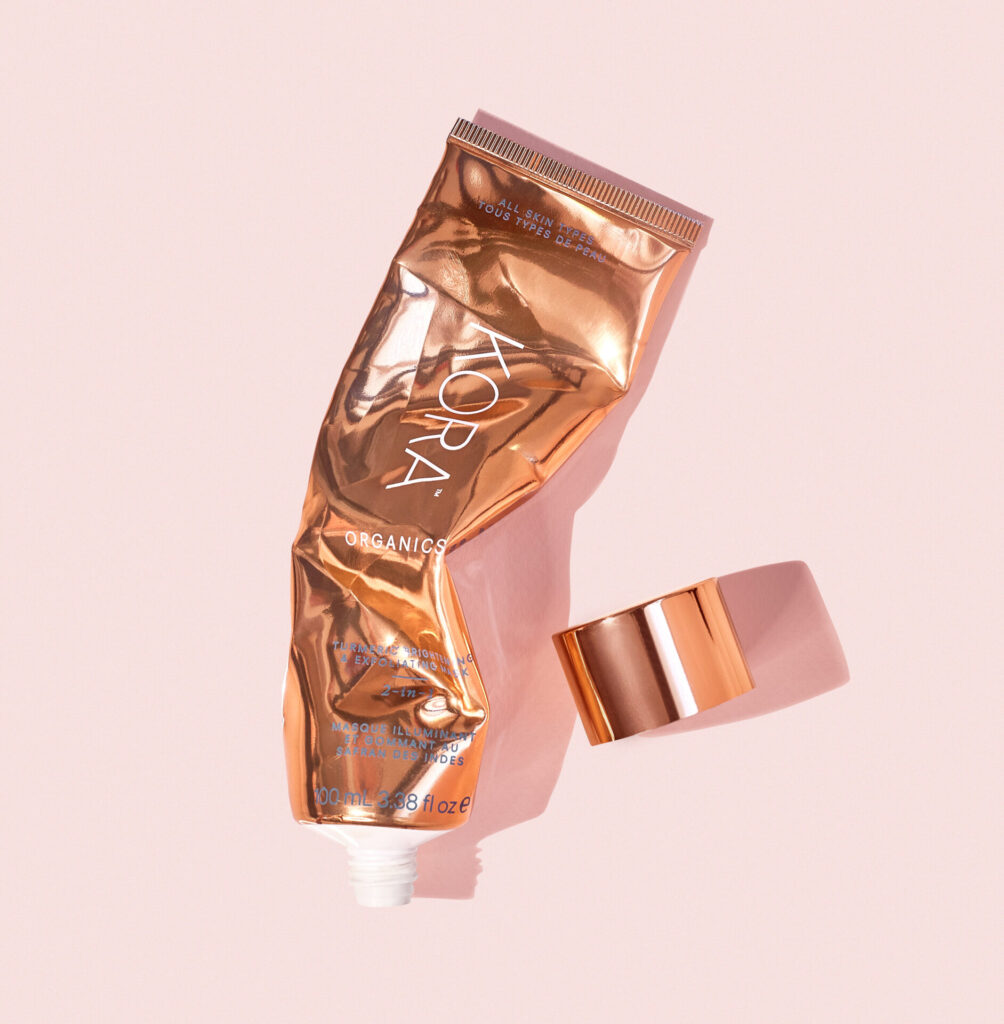
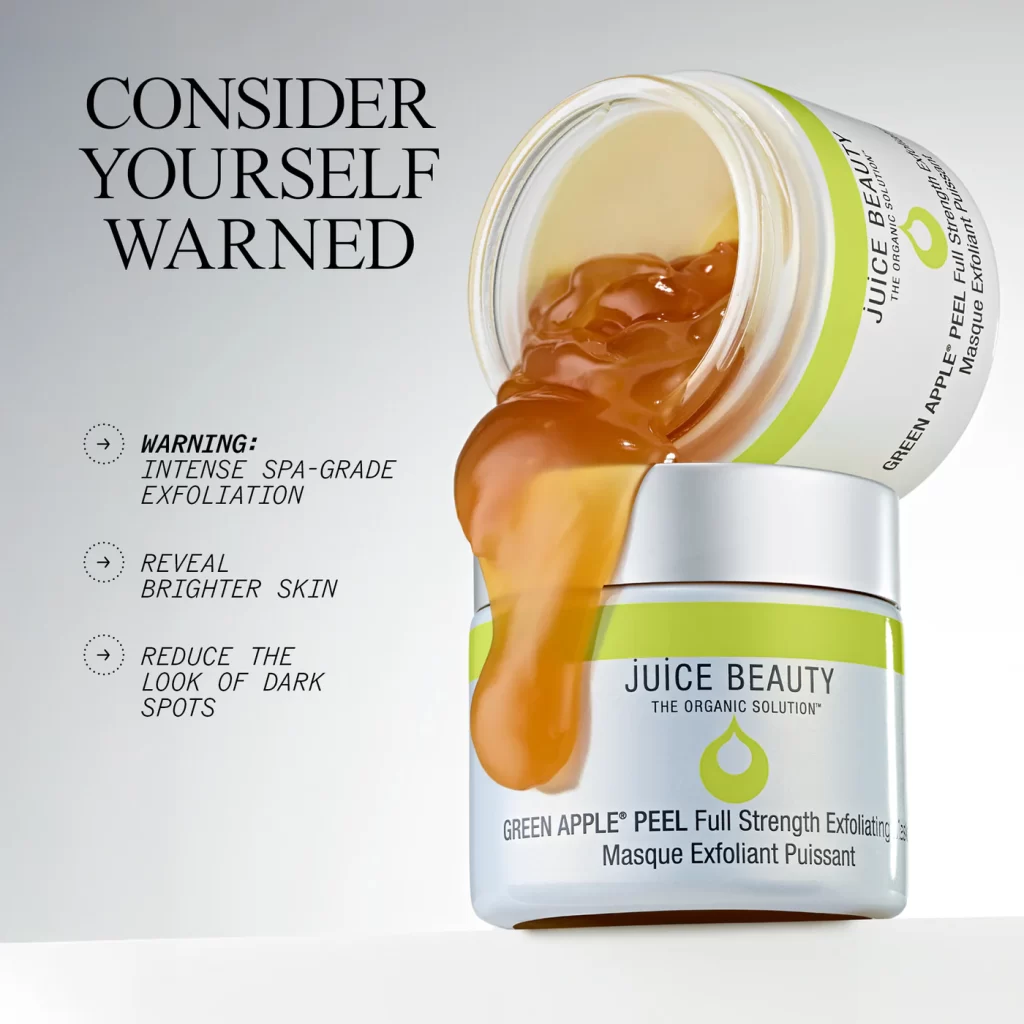
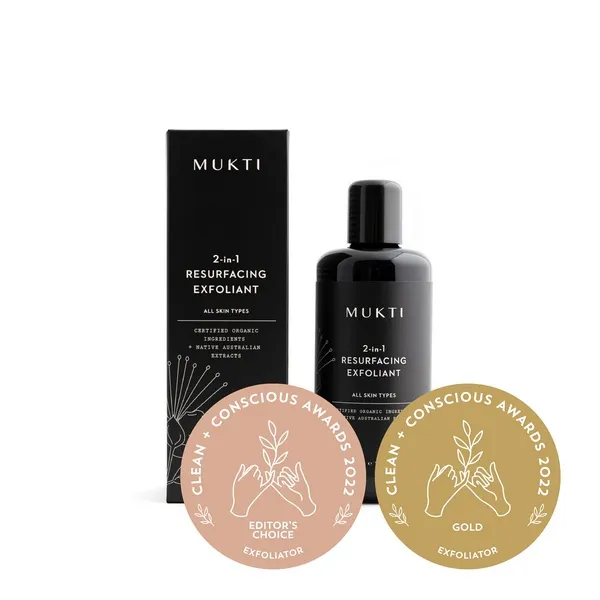
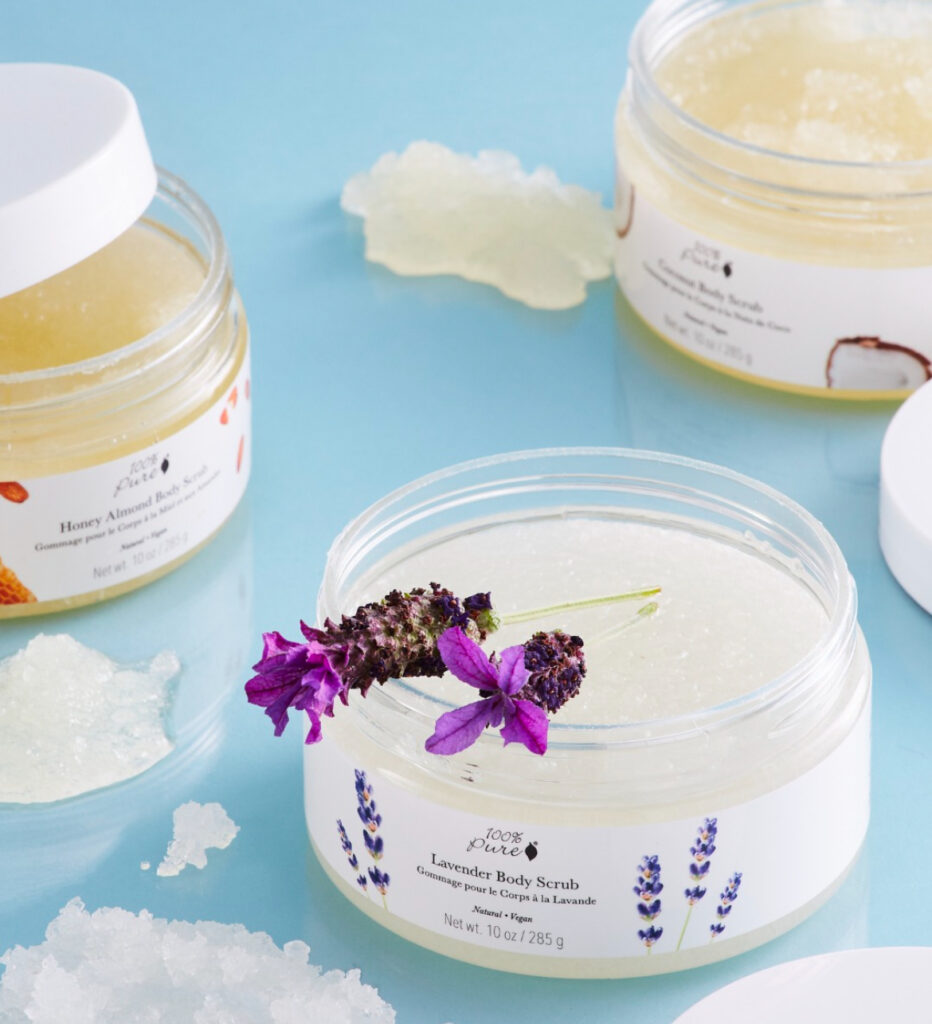







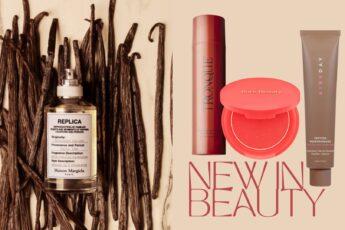
Leave a Comment